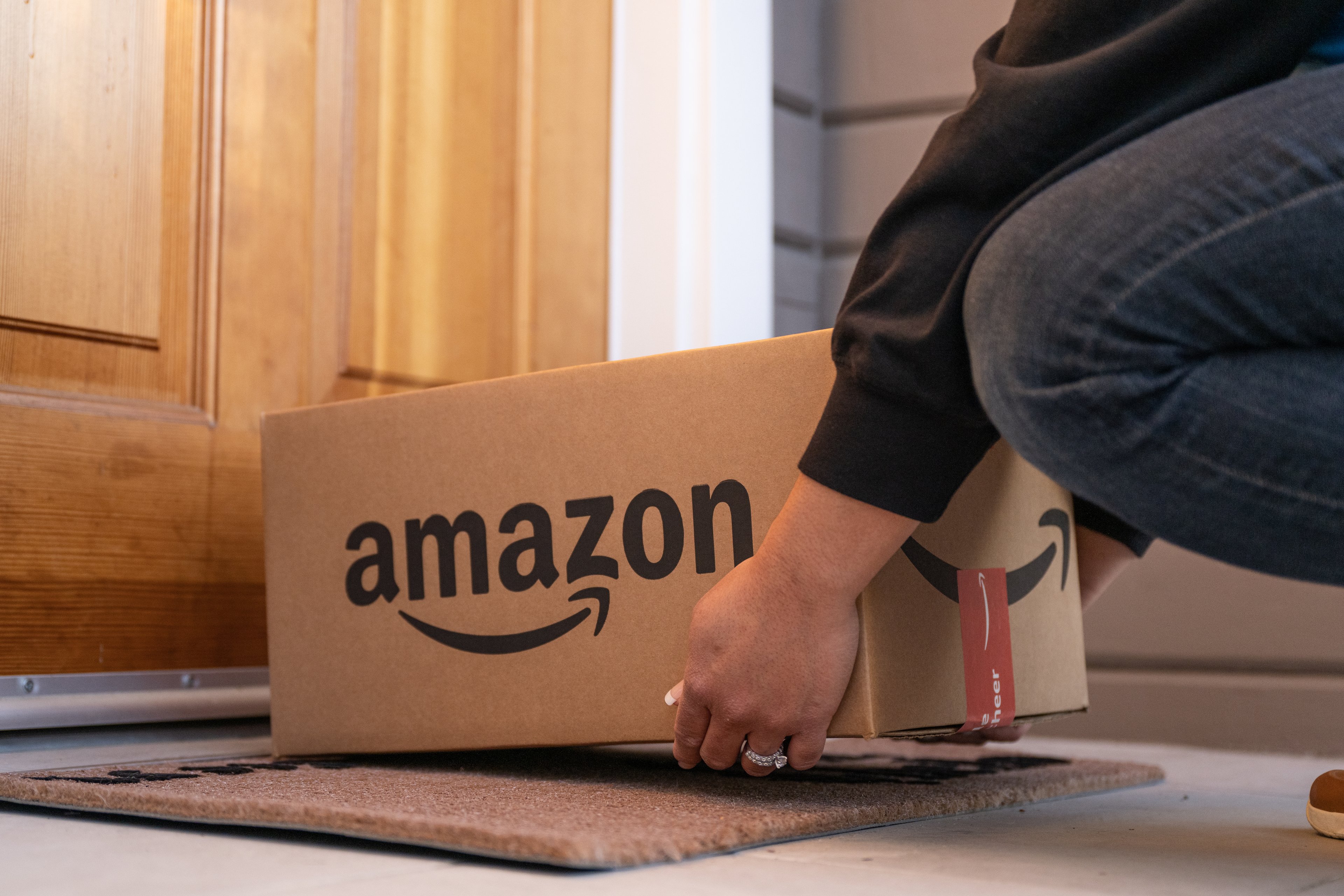Amazon.com's (AMZN 1.70%) founder and CEO Jeff Bezos made waves on 60 Minutes on Sunday. He suggested Amazon will one day use drones for some deliveries. Even crazier, the packages would be delivered in a half-hour -- less time than it takes to receive pizza deliveries or, for that matter, watch 60 Minutes.
For those of us who have been waiting for jet packs, transporters, and hyperloops, package deliveries dropped from the air by unmanned machine could sound pretty cool (as long as packages aren't dropped from too far a height). Even better, Bezos' machines are called "octocopters."
But should investors really care? It's cool in concept, but it's not currently all that significant for individual investors. However, general innovation emanating from the managements of public companies is the important point to think about here.
So cool, but chill
We should probably chill out a bit when it comes to investing euphoria, even though ideas like this one are high on the cool factor. First of all, executing on Amazon's "Prime Air" concept isn't positioned to happen anytime soon.
Businessweek provided an even report on the topic, pointing out that there are more questions than answers about how such automated airborne (or ground-based) technologies could work, and some of the public response to such new technologies could be along the lines of sci-fi fear. Dystopian fiction, of course, often hinges on things that humans might do in the future without considering future consequences -- like revenge of the machines.
The media's already mentioning plenty of public concerns -- everything from issues with restricted airspace to packages inadvertently delivered onto one's head -- although, apparently, drone-delivered packages wouldn't be too heavy.
Businessweek spoke to one expert about some more unique unknowns, such as whether it would be OK for homeowners to grab their guns and take potshots at drones -- an interesting and profit-destroying form of target practice, perhaps. Having a package lost because it was shot to pieces isn't an easy customer-service issue to navigate.
Regulators won't even address rules about such innovations until 2015. It's hard to predict how such plans will truly pan out given some of the complex elements.
Warehouses' well-oiled machines
The biggest solid, "right now" takeaway for Amazon investors at this point is Jeff Bezos' reputation for visionary innovation. Amazon embraced industry disruption from its very start; remember when most people thought hardly anyone would want to buy books and music online?
The company hasn't stopped innovating; in just one example that relates to machine automation, it already uses robots for some easily automated tasks in warehouses. Earlier this fall, news broke that Amazon is moving forward with the promise of its acquisition of Massachusetts robotics concern Kiva, gradually adding 1,300 robot "workers" to its warehouses.
Bezos is among several management leaders at modern public companies who have lofty ideas of a better future, but we have yet to figure out whether these will truly catch on, or even be feasible.
Elon Musk of Tesla and SpaceX recently outlined a hyperloop travel idea, a way to transport people over long distances in a lightning-fast and environmentally responsible way. However, he himself admitted he could work on or finance the alpha idea. Again, the public and regulators would have a lot to say how this would work in the real world.
Google has come up with a whole lot of cool, yet slightly freaky, ideas that might not take off, too. Take self-driving cars. Is the concept anywhere near widespread adoption? It's hard to gauge how many Americans are really willing to let their car do the driving.
Banging around big ideas
I'm a big fan of Amazon.com; I have bought shares of the company for the real-money Prosocial Portfolio that I manage for Fool.com. That thesis related strongly to visionary management making a strong, disruptive company. Its disruptive influences may be disturbing, but it also tends to open up markets in ways that didn't exist before. Take helping consumers find and purchase the obscure, for example.
Visionary corporate leaders (often founders) are often a key component at public companies. They have far more reason to innovate than a paycheck -- pride comes into play, too.
Still, there's a possible downside, as is so often the case in investing. Management distractions, and spreading businesses too thin, can have catastrophic consequences. While many companies' core businesses do have to evolve to keep up with the dynamic and ever-changing business landscape -- and many corporations fail at that challenge -- there's a fine line between evolving into the future and managements who lose their way in unfamiliar or even uncharted territory.
Amazon is one of the companies that can give us reasons to believe in a brighter, more interesting future. That's the real point here, even if the drones don't end up being the greatest thing since sliced bread. (In fact, sliced bread sounds lamer than ever compared to forward-looking tech.) Great management teams do generate big ideas and, despite the risks, they can drum up serious rewards.






